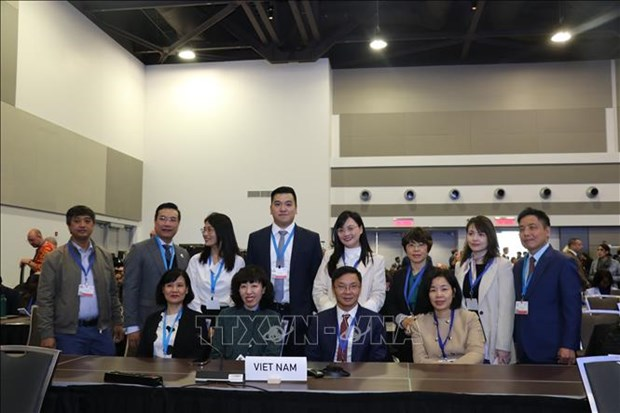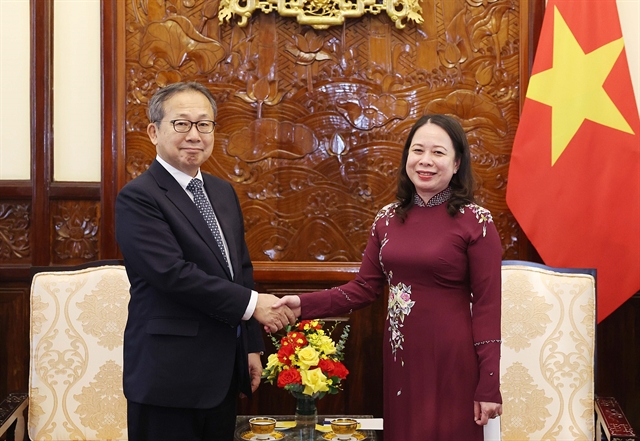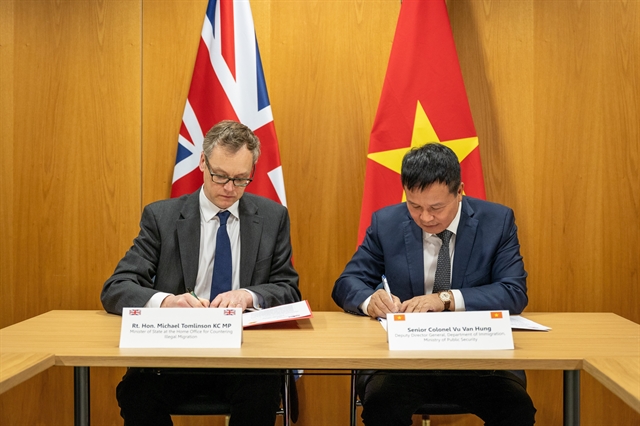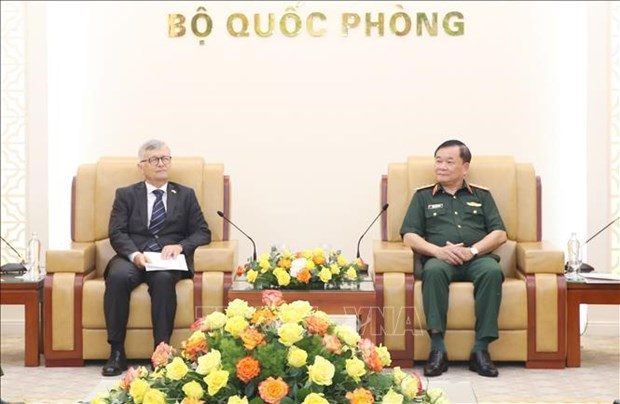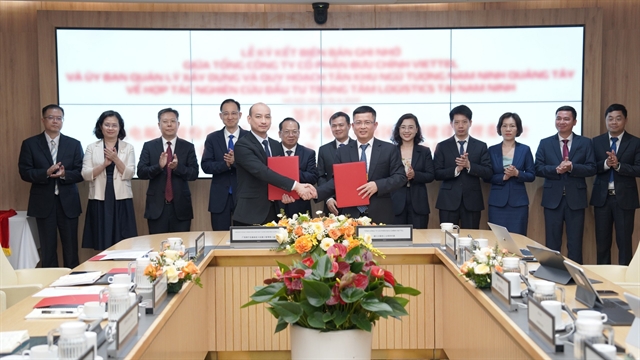 Economy
Economy
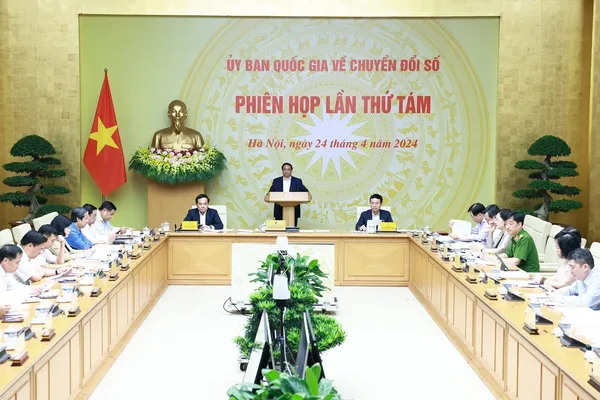
Ethical investing is rising ever higher on the financial industry’s agenda as it refocuses on the needs of women and Millennials. Brian Spence explains why responsibility is unlocking billions in investment capital and how financial firms are jumping on this trendas a way to connect with today’s dynamic females.
50232202PM.JPG) |
| Brian Spence |
By Brian Spence*
As the cool kids would have it, we live in very “woke” times. Thanks to the influence of social media and the 24-hour news agenda, we are all more aware of social and environmental issues than ever before – and more able to hold bad actors to account. And, in this new era of transparency and accountability, many of us will have found a heightened sense of personal responsibility has taken hold.
It is not often that you find the global financial services industry capturing the zeitgeist of the day, but that is exactly what we’re seeing with the sector’s ever-growing focus on ethical, or responsible, investing. Not only is the industry seizing the chance to rehabilitate its image generally, it is also coming to see ethical credentials as a great way to boost the bottom-line too.
So, what is responsible investing all about and why is it such a focus now?
Responsible investing is, in fact, nothing new. Investors started to back away en masse from industries like tobacco and weapons in the 1960s, following the lead of religious or other highly-principled institutions like family foundations in their avoidance of “sin stocks” or morally compromised countries. And, while the movement has had far more traction in the West than in the East up until now, it is actually deeply rooted in Asia. The Pax fund, the first modern ethical fund, was launched in 1971 by Methodists who did not wish to financially support the Vietnam War. Out of this fund sprang an entire industry dedicated to giving people a way to align their investments with their beliefs.
Winning hearts and minds
Today, this is known as the ESG or SRI sector – acronyms which stand for Environmental, Social and Governance and Socially-Responsible Investing respectively, and which give a clue as to how broad this movement now is. Not only do ESG investors take account of the environmental and social impact of the companies they invest in, they attend to the principles on which they are run too. Additionally, where once investors focused predominantly on screening out companies engaged in negative practices, they now look to screen in those that are actively doing good. (Taken to its furthest extreme, in what is known as “impact investing”, the financial return from an investment and the social or environmental benefit it generates are given equal weight.)
Having steadily grown over past decades, ESG assets have really exploded in recent years, hitting US$8.7 trillion at the end of 2016, up around 33 per cent since 2014. The Global Financial Crisis of 2008 has doubtlessly played a big role here, exposing the risks of unscrupulous investment practices, but so too has growing evidence that well-run, responsible companies tend to do better financially over the long term. Investors have recognised that doing well (financially) and doing good (socially, environmentally) are not mutually exclusive at all.
There are now hundreds of investment firms offering ESG investments and new products are being launched every week by both smaller specialists and global behemoths. Fidelity, Northern Trust, BlackRock, UBS and JP Morgan are just a handful of the global brands piling into this space. But this is not just out of the goodness of the banks’ hearts. For them, ESG, SRI and impact investing offerings have emerged as a crucial means of broadening their appeal.
Big appeal for wealthy women
Not only are today’s financial institutions facing an increasingly competitive market, they are also wrestling with how to appeal to women and Millennials – two highly important investor groups which are both slightly out of the sector’s comfort zone and who have more on their minds than the bottom line alone.
An overwhelming 82 per cent of wealthy millennials see ESG considerations as important (nearly twice the rate for High Net Worth Investors overall). Similarly, 83 per cent of female investors around the world care about where their money is invested and 69 per cent feel an urgent need to invest responsibly – figures which run even higher among Asian women. A growing body of research is proving that having a positive impact on the environment, healthcare and education are top concerns to female investors globally, but particularly so among Asian women (no doubt due to the region’s strong culture of community and charity).
Asia’s booming wealth is being matched by a rapidly maturing financial services landscape in which both institutions and investors are becoming more sophisticated, fast. And, given that female wealth growth is especially strong in Asia and that Asian women are strongly inclined towards ESG investing, we can expect a proliferation of products with an ethical slant as providers jostle to stand out. Not only is responsible investing “a good look” for financial services firms, as the young might also say, it is also a good way to encourage women into investing. Here – as around the world – women tend to be hesitant about investing in their own right. The opportunity to impact on causes close to their hearts might be just the push many affluent females need to get started. I for one hope so, and would be delighted to advise any readers wishing to learn more.
* Brian Spence is a UK expat now resident in Hà Nội as co-founder and managing partner of S&P Investments, a portfolio management and financial planning advisory firm for High Net Worth Individuals. He has over 30 years of experience as a fund manager, Independent Financial Advisor, business consultant and Mergers & Acquisitions specialist. He is also known as an ESG expert, having launched a number of international and home-based products that were the first of their kind in the UK. The columnist’s email is brian@sandpinvestments.com


